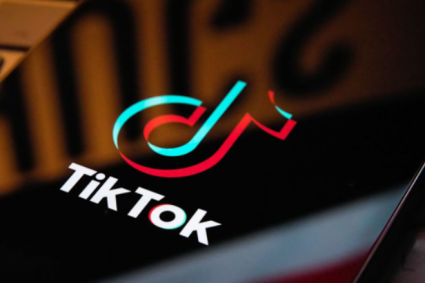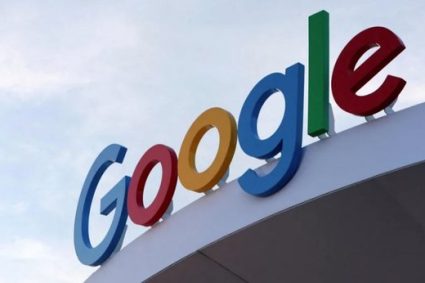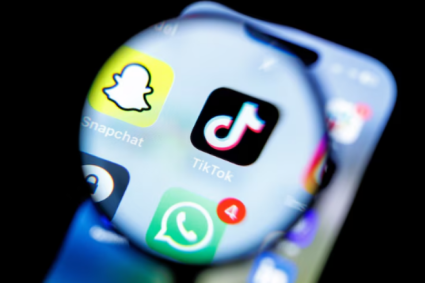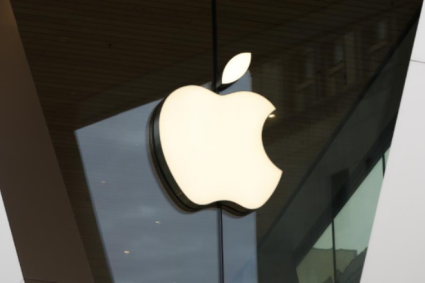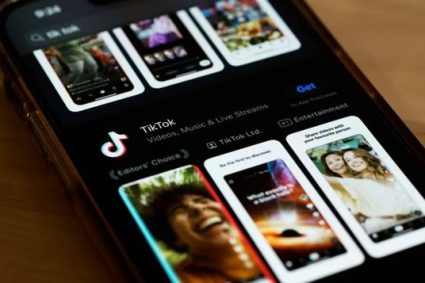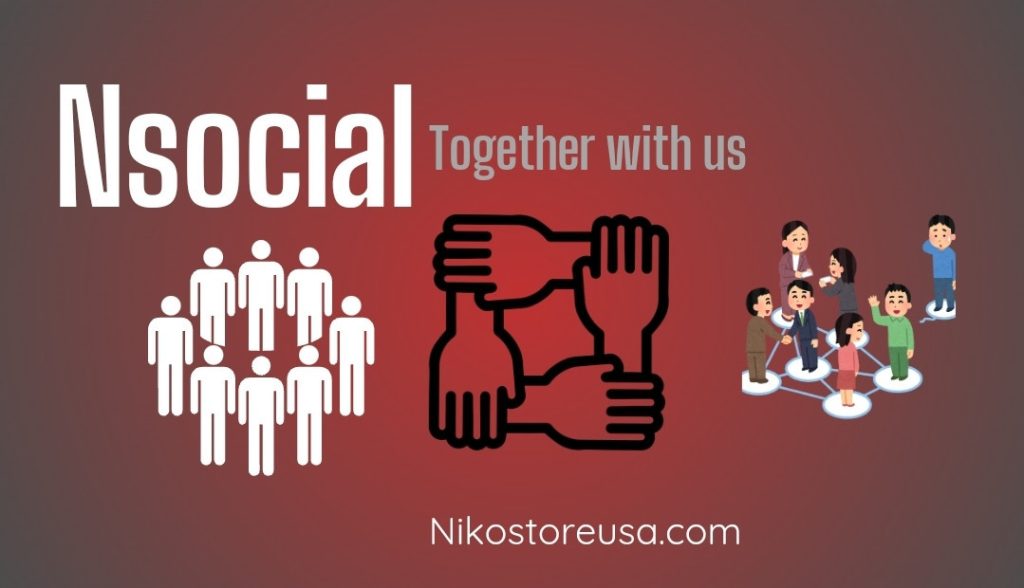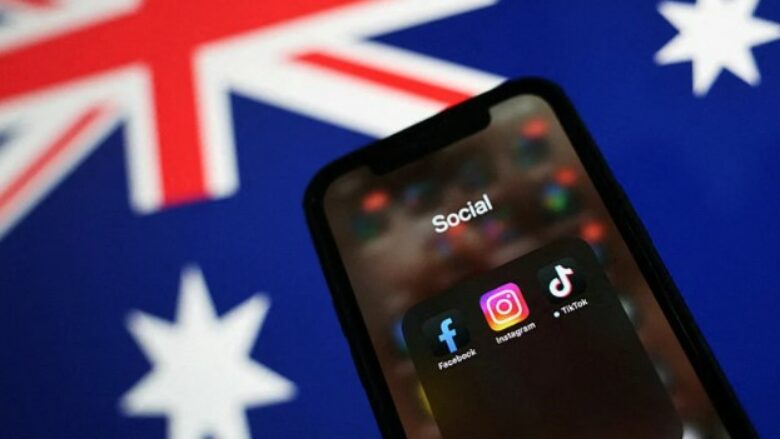
Social media company Meta (Facebook, Instagram) has accused the Australian government of rushing to ban social media for under-16s without properly considering the evidence and voices of young people.
Australian politicians who backed the world’s first law say it is necessary to ensure another generation of teenagers do not experience “such harmful content” in the years to come.
The ban, passed by Australia’s parliament on Thursday, just days after a day-long inquiry was held to review 15,000 submissions, has already been described as a test case for what other governments are planning to do.
Despite the bill’s passage, politicians did not unanimously support it, with one independent lawmaker calling it “a 1970s solution to a 2024 problem”. Human rights groups and mental health advocates have also warned it could marginalize young Australians.
So far, most social media companies have said they will comply with the ban, failure to do so would result in fines of up to $50 million. But they expressed uncertainty about how it would be implemented and concerns about its potential impact.
“We are concerned about a process that rushed through the legislation without properly considering the evidence the industry is already doing to ensure age-appropriate experiences and young voices,” said a spokesperson for Meta.
Elon Musk, the owner of X, has already criticized the ban and suggested it was “a backdoor way of controlling internet access for all Australians”.
On Friday, Australian government minister Murray Watt said social media companies should take the ban seriously and realize they have an “interest in maintaining their reputation and their social licence”.
“Between those fines and social pressure, we’ll see how the social networks perform – and if they don’t, we have the opportunity to go after them,” he said.
The ban was supported by Australia’s main opposition party. Shadow communications minister David Coleman said its benefits far outweighed the risks.
“What other generation in history has grown up exposed to content as harmful as this? We can turn our eyes away from it and not talk about it, or we can look it in the face and accept it and do something about it,” Coleman said.
Otherwise, the Human Rights Commission warned that the law could infringe on the rights of young people and reduce their ability to participate in society.



